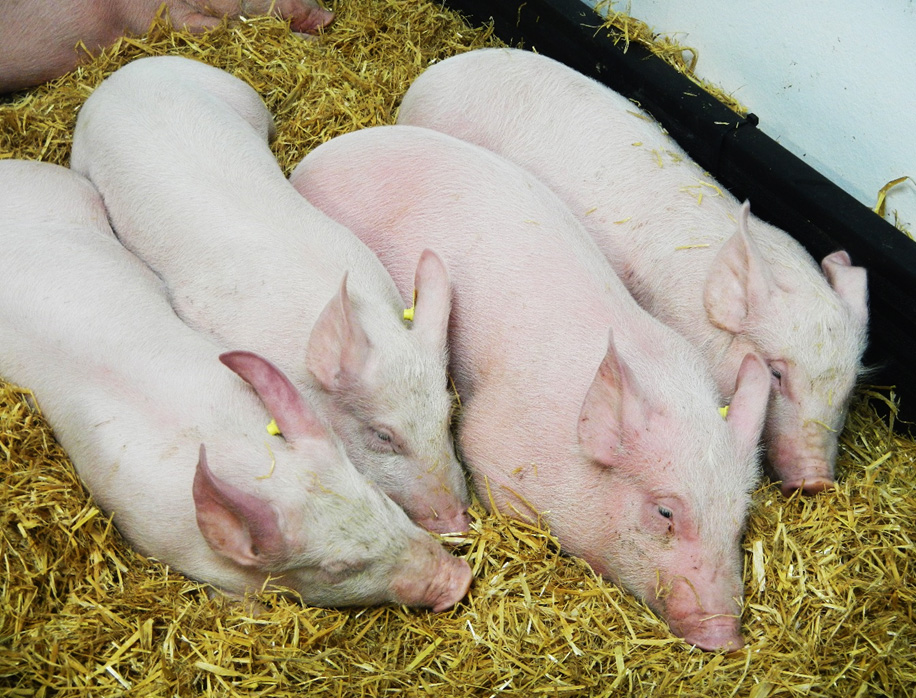African Swine Fever (ASF)
14 September 2018The disease is spreading in Europe (1). It has been confirmed in wild boar and feral pigs as well as in commercial and backyard pigs in Central and Eastern Europe. On 13th September 2018 Belgium confirmed the arrival of the disease to Western Europe.
The discovery of ASF in wild boar in Belgium represents a big leap of the virus into Western Europe and brings it worryingly close to the UK. The Belgian authorities are attributing this spread to food being left behind by people travelling from infected areas (2).
African swine fever affects pigs. It doesn’t affect humans.
The main clinical signs are(1):
- fever
- loss of appetite
- lack of energy
- sudden death with few signs beforehand
Other signs can include:
- vomiting
- diarrhoea
- red or dark skin, particularly on the ears and snout
- discharges from the eyes and nose
- laboured breathing and coughing
- abortions
- weakness
- unsteady gait
To guide you some photos of infected pigs can be found here.
The European Food Safety Authority has produced an ASF animation which you may find useful.
Please see here for more information.
African swine fever is a notifiable animal disease. If you suspect it you must report it immediately by calling the DEFRA Rural Services Helpline on 03000 200 301.
The key messages include (2):
- All pig keepers and the public must ensure pigs are not fed catering waste, kitchen scraps or pork products, thereby observing the swill feeding ban.
- Feeding of meat products, including swill, kitchen scraps and catering waste, to wild boar or feral pigs is also illegal.
- A campaign to highlight the dangers of swill feeding and more information can be found here.
- All pig keepers should ensure that visitors to your premises have not had recent contact with affected regions.
- Anybody returning from the affected EU member state should avoid contact with domestic pigs, whether commercial holdings or smallholdings, areas with feral pigs or wild boar, until they are confident they have no contaminated clothing, footwear or equipment.
Sources:
Sign up to the FAS newsletter
Receive updates on news, events and publications from Scotland’s Farm Advisory Service

